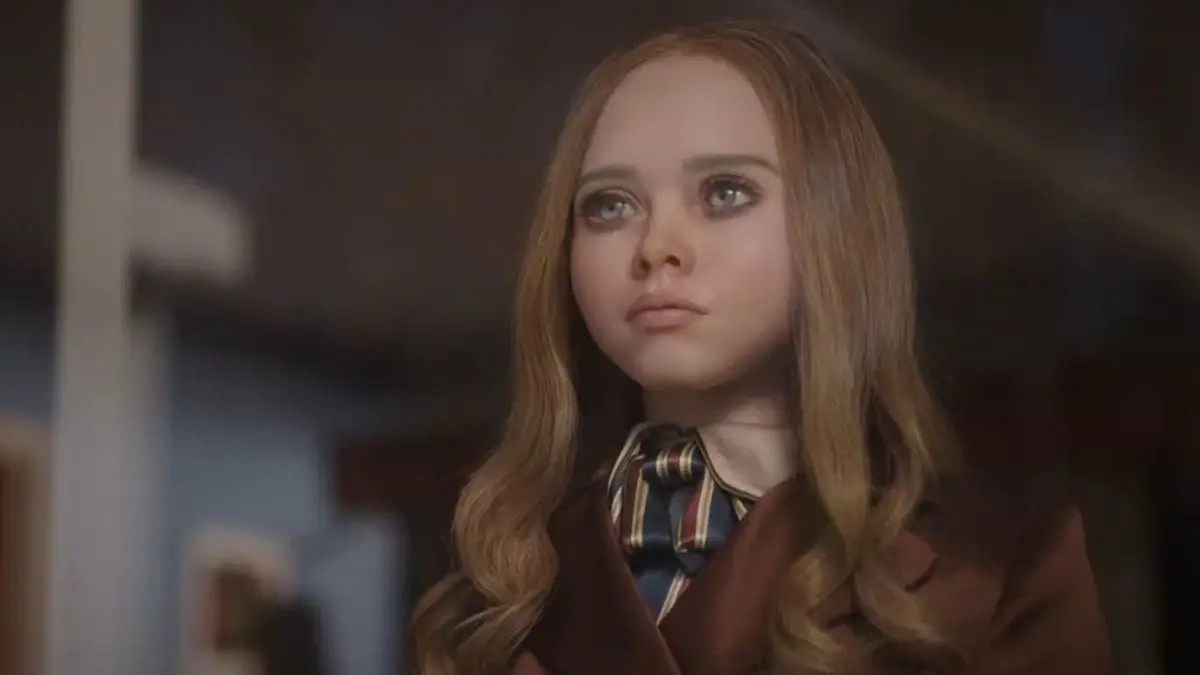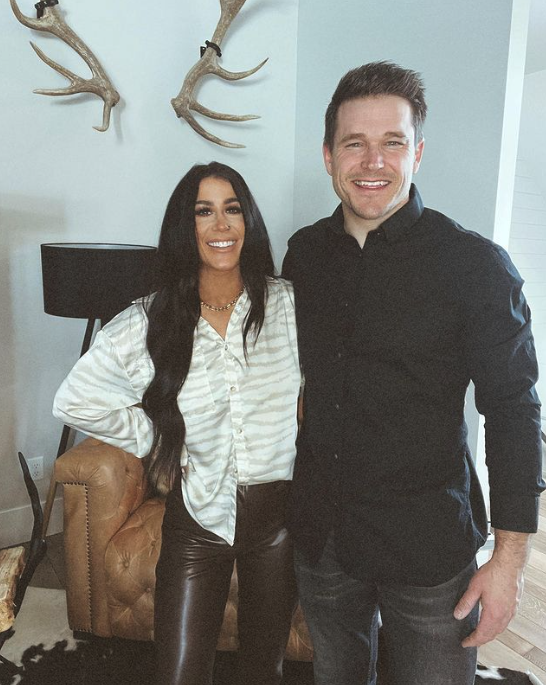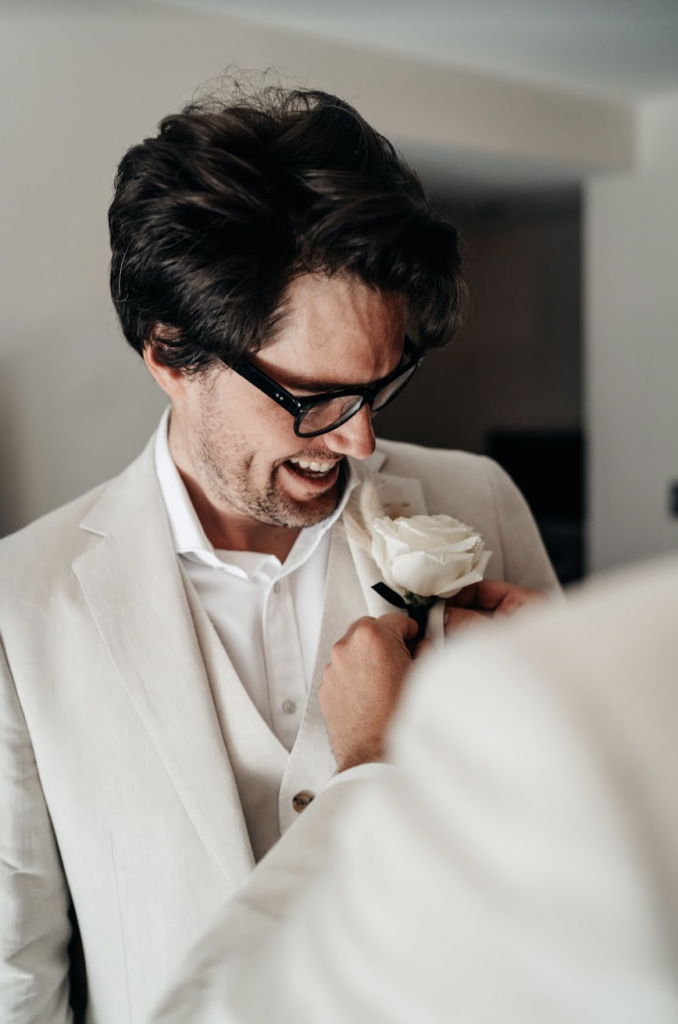Fashion CEO of ‘ShowPo’ Receives Humorous Fashion Critique from Mom: ‘Yuck!’
In the ever-evolving world of fashion, few stories capture public attention as captivatingly as that of Jane Lu, the charismatic CEO of the rising fashion brand, ShowPo. In a recent episode that left many chuckling and nodding in agreement, Jane shared a relatable moment that unfolded in her home, highlighting the timeless truth: even the most successful people can be hilariously humbled by their family. This blog post delves into Jane’s unexpected fashion critique from her mother and how it reflects the realities of both personal and professional life.
The Rise of Jane Lu and ShowPo
Jane Lu, affectionately known as ‘The Lazy CEO’, has made waves in the Australian fashion industry. Through her innovative approach and keen understanding of modern consumerism, she took ShowPo from struggling startup to a fashion powerhouse. Founded in 2014, ShowPo appeals to the millennial market with its focus on but not limited to, trendy apparel, vibrant styles, and affordable prices. The brand’s ethos encourages women to embrace their individuality, which is beautifully captured in their designs.
Jane’s journey is laden with inspiration, humor, and a myriad of challenges that she navigated through sheer tenacity and creativity. From juggling debt to reaching a valuation exceeding $100 million, her path is nothing short of remarkable. This exploration not only recounts her business acumen but also the humorous situations that speak to the heart of what it means to be human amidst the hustle. As she continues to be a vocal advocate for entrepreneurial spirit and mental health in business, let’s dive deeper into the delightful moment that unfolded between Jane and her mom, Queenie.

A Moment of Humility
In a heartfelt and comical tale, Jane revealed how her mother critiqued her outfit just before a video shoot. Everyone knows family can have a knack for keeping it real, and Queenie didn’t hold back when she took one look at Jane’s outfit and declared a blunt ‘yuck!’ This moment, originally shared in her social media stories, resonated with various followers who also experienced the brunt of honest familial opinions.
It isn’t unusual for style icons to don outfits that might perplex their loved ones. However, Jane’s candid recount of her mom’s reaction showcased her relatable side. Queenie not only criticized the outfit but went on to point out how visible Jane’s underwear was through the fabric, humorously rebuking her daughter’s choice by saying, ‘that’s not your style!’ What some see as a fashion-forward move, her mom clearly saw as a fashion faux pas.
This anecdote invites us to reminisce over our own familial critiques and how they help shape our fashion senses, with pointers that perhaps only our mothers can deliver with such honesty. It reflects an interesting dynamic—one where successful personas reveal their vulnerabilities in terms of self-image and familial relationships.
Jane’s followers were quick to empathize with her during the incident, sharing their own similar stories and affirming that even in the limelight, vulnerability remains part of the game. The humor surrounding her story made its rounds online, leading many to embrace the idea that regardless of success, everyone faces reality in the eyes of their family.
The exchange not only showcased the humor inherent in family dynamics but also shed light on a corporate leader’s human side who is constantly navigating her brand’s image, personal life, and family expectations. Following the story, Jane received countless comments applauding her for being genuine through what could have been perceived as a moment of embarrassment.
The Influence of Social Media on Fashion Decisions
In today’s digital age, social media has become an influential pillar in fashion choices for both consumers and celebrities. As someone with a massive following, Jane embraces this reality, often showcasing her personal style while aligning it with ShowPo’s branding vision. Each social media post is a carefully curated window into her life—the clothes she wears, the moments she shares, and even the candid mishaps that resonate with everyday realities.
This incident with her mother sparked discussions about how social media affects perceptions, not only of personal style but also feedback from loved ones. Many women expressed feeling torn between their fashion choices and their family’s perspectives, often second-guessing their outfits based on familial opinions. The challenge remains—how do you balance self-expression with familial expectations?
Moreover, Jane’s story serves as a reminder of the imperfections that come with navigating life online, reminding us that behind every stylish post is a story, a critique, or a laugh. Social media encourages us to celebrate our creativity while being open to critique—even when it comes from those closest to us.
The Impact of Public Perception
With her growing influence and the visibility that comes with being a public figure, Jane understands the weight of public perception on both her brand and personal identity. The exchange with her mother highlights a juxtaposition between public admiration and private critique, emphasizing the multifaceted nature of anyone striving for success in the fashion industry.
Jane’s situation mirrors the lives of many—despite outward success, the quest for authenticity and validation from family remains a prevailing theme. This struggle shapes audiences’ connections with figures like Jane, fostering a sense of relatability and community through shared experiences of second-guessing style choices and the desire for approval.
Exploring how public perception interacts with personal criticism is vital. As public figures navigate their identities, they often oscillate between seeking external validation and cherishing family critiques that keep them grounded.
Lessons from the Fashion World
The world of fashion often teaches us various lessons—from embracing individuality to the necessity of resilience. Jane Lu’s anecdotes convey that fashion is more than just the clothes we wear; it extends to who we are. Fashion, as illustrated by her interaction with her mom, includes the myriad influences from society, family, and self-acceptance.
Through personal stories like this, we recognize the imperative of self-definition in a world overflowing with external opinions. The clash between what is ‘in’ and what our intuition tells us about our style is age-old and worthy of reflection.
Instead of feeling intimidated by family critiques or public perceptions, Jane’s story encourages others to celebrate their unique traits. The ‘yuck!’ moment with her mother paints a humorous yet poignant picture of self-love that resonates across circles, revealing that every individual can acknowledge their style, explicating the narrative along that journey.

Finding Strength in Vulnerability
The takeaways from Jane’s family story extend into deeper layers of vulnerability in business and personal life. Entrepreneurs like Jane often face tumultuous moments that not only affect their businesses but extend into their mental wellness and familial relationships. The honesty displayed in sharing her mom’s critique demonstrates a courageous openness that many successful individuals strive to maintain.
This willingness to reveal imperfect moments fosters authentic connections—both with followers and amongst peers. For those aspiring for similar career trajectories, Jane’s transparency speaks volumes about the often unseen struggles behind the scenes. Life as a CEO is not merely about the glitz and glam, but also about tackling criticisms, both public and private.
Ultimately, moments of humility can carve pathways for genuine growth and connection. They remind us that behind every polished image is an individual who faces similar challenges, significantly further humanizing the brand and its leaders. Embracing these moments can foster resilience in both business and personal life, allowing successful individuals to connect more meaningfully with their audience and families.
Embracing Authenticity in Fashion
As we explore the world of fashion through the lens of Jane Lu and her relatable experiences, it becomes clear that authenticity remains at the forefront of modern style. With the pressures of social media and public expectation, striking a balance between what is trending and personal preference becomes extremely important.
Jane encourages her followers to embrace their unique styles, finding beauty in individuality rather than conforming to fleeting trends that may not resonate personally. The fashion landscape constantly shifts, with influencers and brands alike setting new standards for personal expression. However, finding one’s own voice through style can often be overshadowed by outside opinions—even behind the scenes.
This journey of self-discovery through fashion resonates on multiple levels; it illustrates that clothing is not merely fabric but an expression of in-depth personal stories, cultural influences, and individual dreams. Each piece worn contributes to a narrative—your narrative—that must be celebrated in all its entirety.
The Power of Personal Style
Jane wisely points out that personal style is a reflection of self, opening discussions around individuality and acceptance. Through her journey, she advocates for the power of personal style to stimulate conversations and pave the way for broader acceptance of diverse fashion choices. Celebrating who we are and what we choose to represent ourselves allows many to connect on deeper levels, reinforcing the notion that fashion is rooted in identity.
Finding uniqueness among the bustling fashion world can be challenging, but stories like Jane’s serve as affirmations that everyone can contribute their unique aesthetics to the fashion dialogue. This highlights the importance of fostering environments where creativity and self-expression thrive, whether in personal lives, workspaces, or society at large.

Fashion, Family, and Fun
The humorous exchange between Jane Lu and her mother speaks volumes about the intertwining of family dynamics and the world of fashion. While mother-daughter relationships can be complex, they also offer moments of joy, laughter, and growth. As we continue to explore Jane’s story, let us reflect on the broader implications of fashion and family, and how they color our lives vibrantly.
Family has a way of grounding us and serving as a reminder of our roots. In Jane’s case, her mother was blunt but loving—offering insights vital for anyone navigating the world of self-expression. Each parent-child dynamic is unique, and what might seem humorous in a video can lead to meaningful conversations about taste, boundaries, and personal expression. Perhaps this experience will encourage others to broach similar subjects with their families while keeping fun and laughter at the heart of the dialogue.
A Culture of Critique
Critique in the fashion world—whether professional or familial—serves various functions. While it can be perceived as negativity, it often hints at care and desire for improvement. This is especially true in family settings where the overwhelming urge to share opinions is rooted in love and protection. Embracing these critiques, rather than dismissing them, can lead to authentic growth and improvement.
Jane’s story beautifully encapsulates this duality; while her mom’s feedback was blunt, it acted to remind her of the importance of remaining true to herself. Her mom, Queenie, ultimately embodies a critical supporter, emphasizing that the strongest connections can come from lighthearted yet honest conversations.
In an industry where image, branding, and authenticity collide, stories like these remind us that laughter and love are often the connectors that weave family, fashion, and life experiences together.
As you reflect on your own family dynamics involving fashion, perhaps it’s time to take a page from Jane Lu’s book and embrace the candid feedback—even if it sometimes comes with a ‘yuck!’.
Source: nypost.com
Hi, I’m Sarah, a 30-year-old journalist with a passion for storytelling and uncovering the truth. I strive to bring important issues to light and connect with my audience through compelling narratives.


